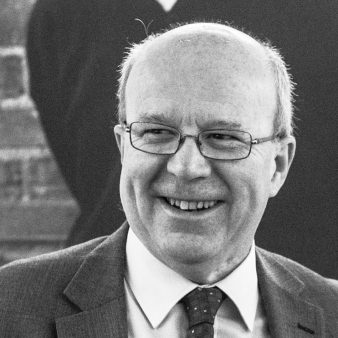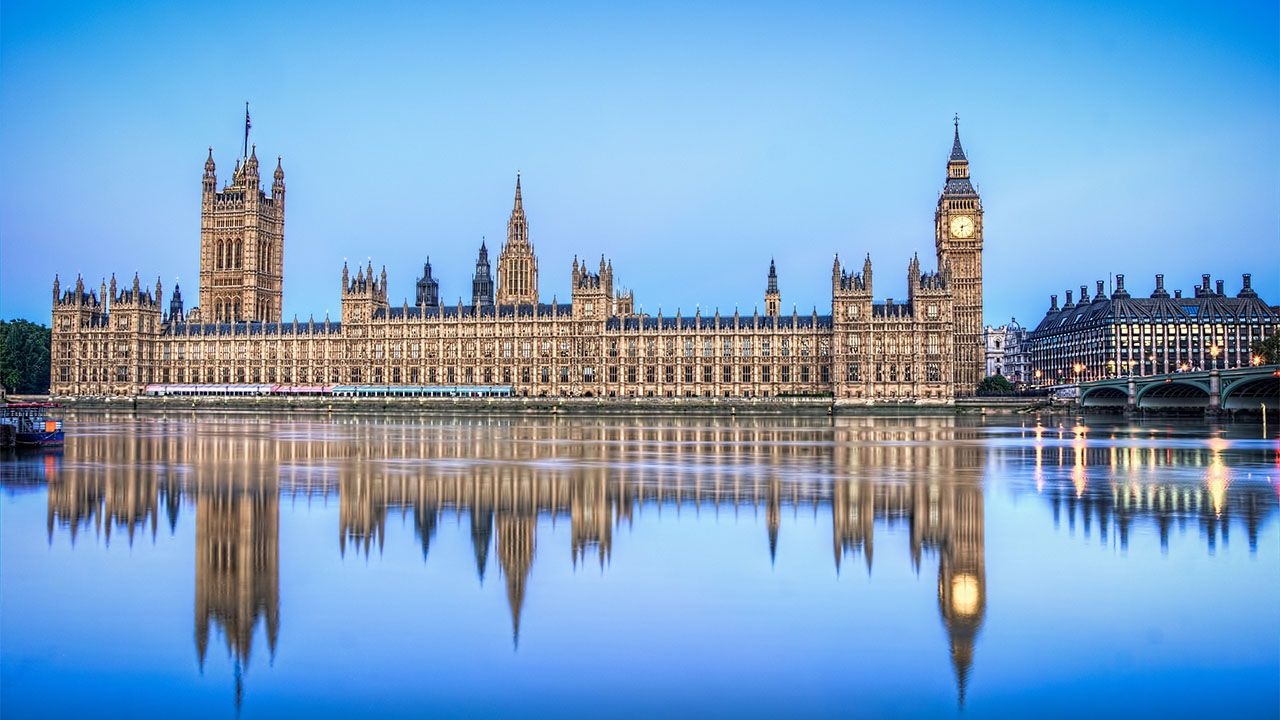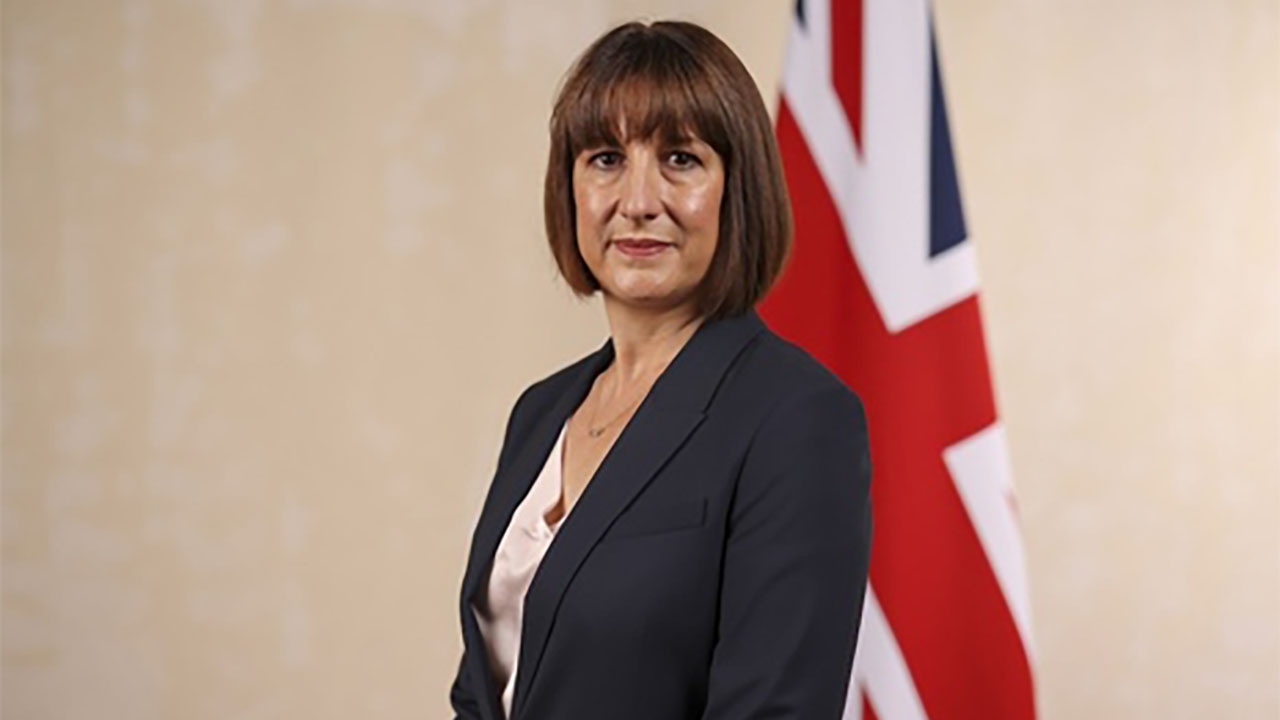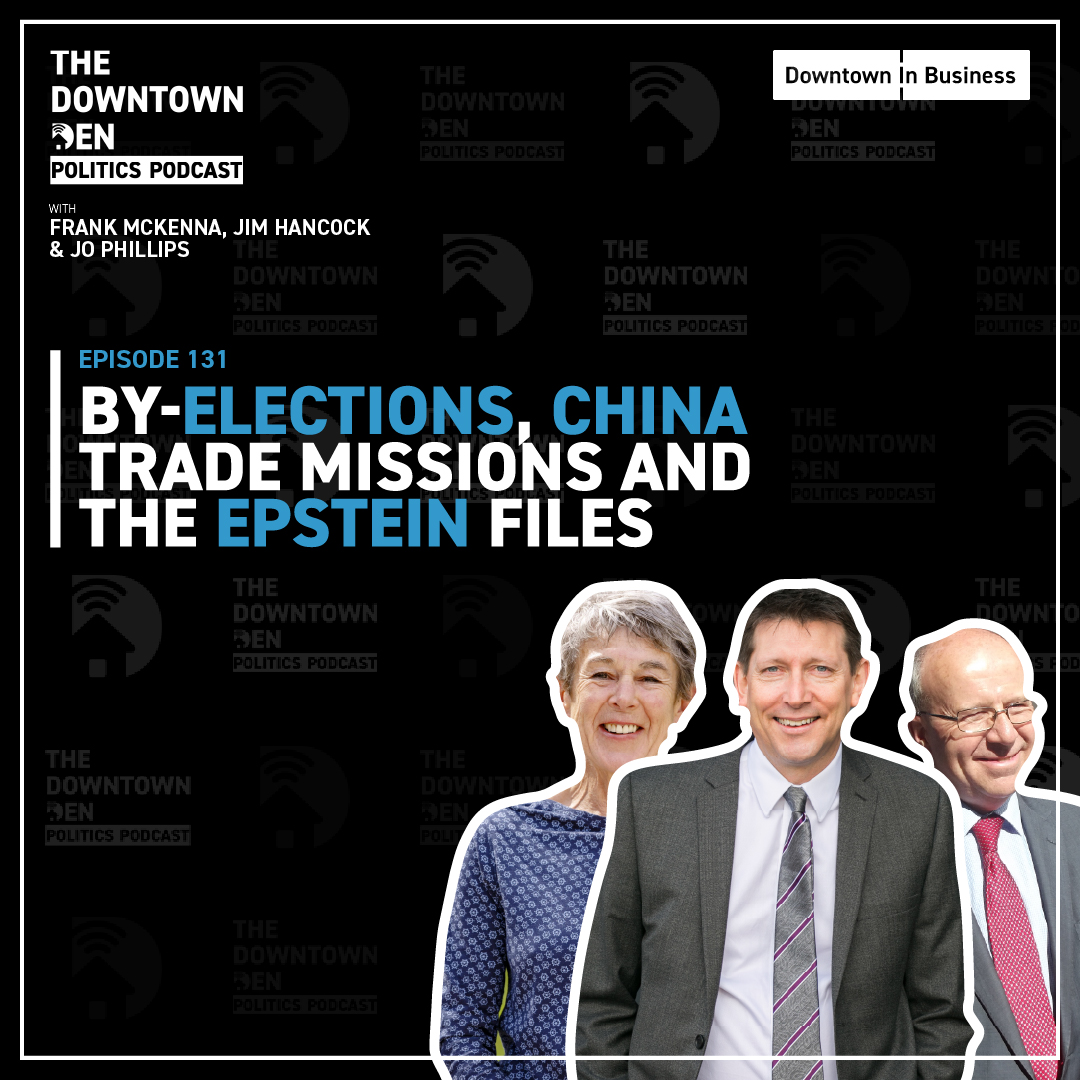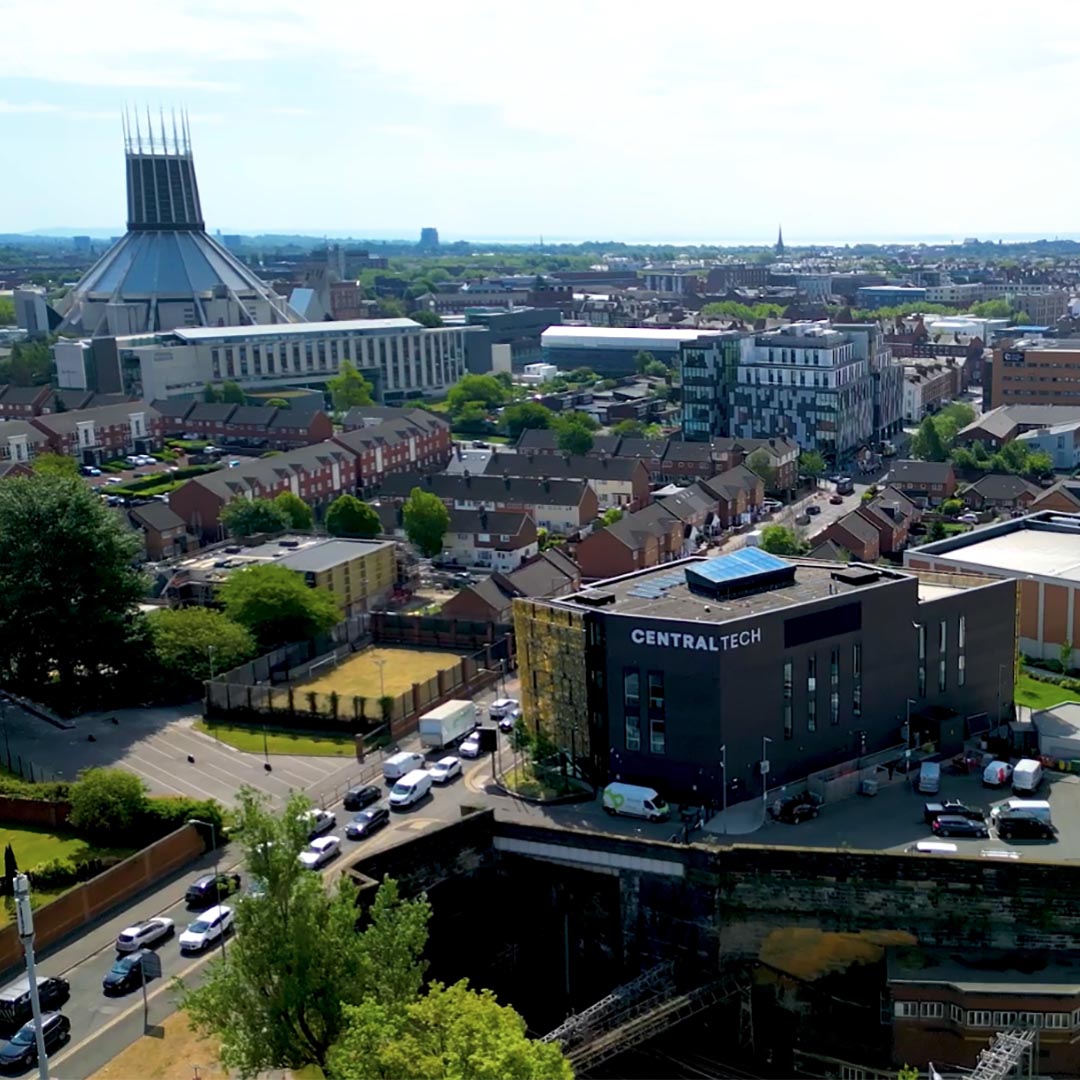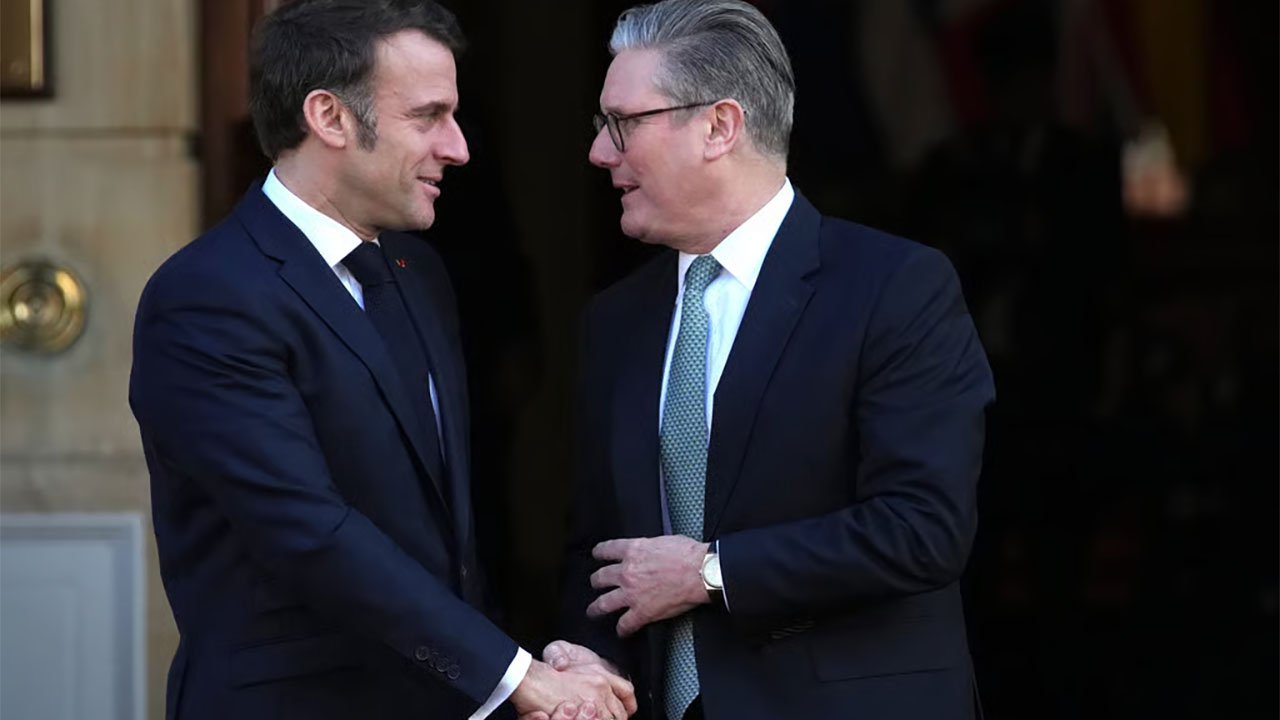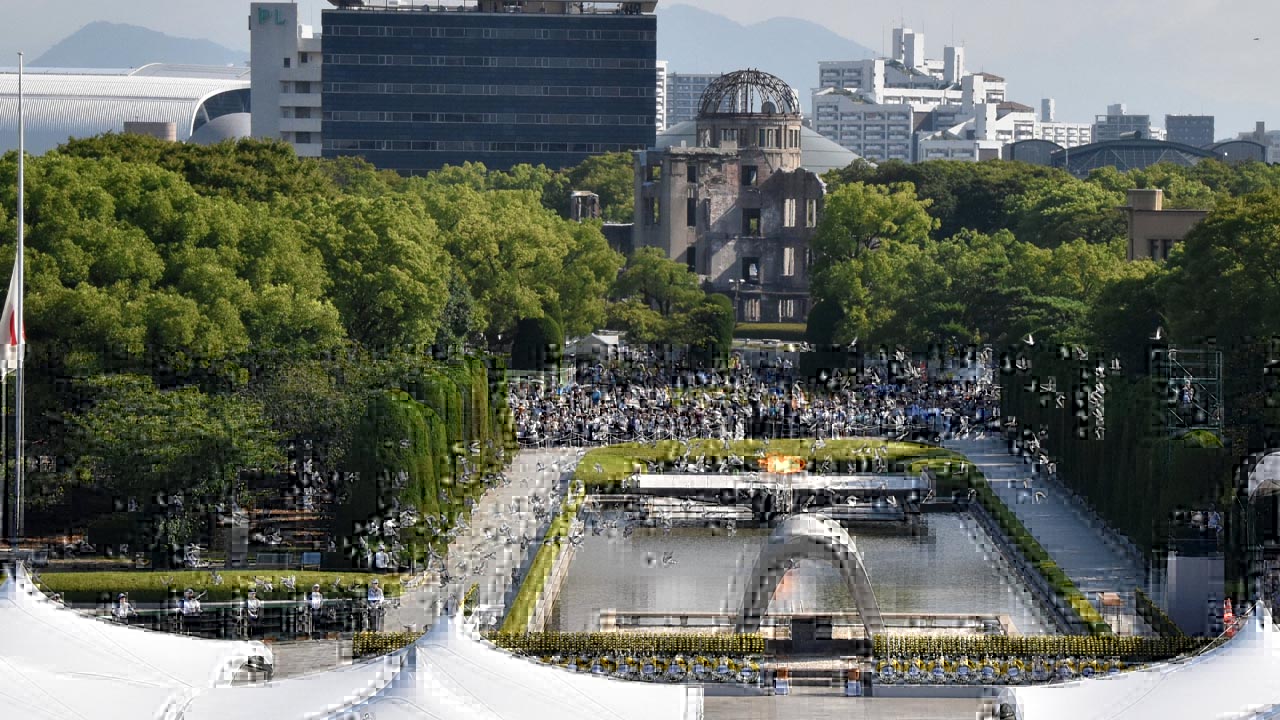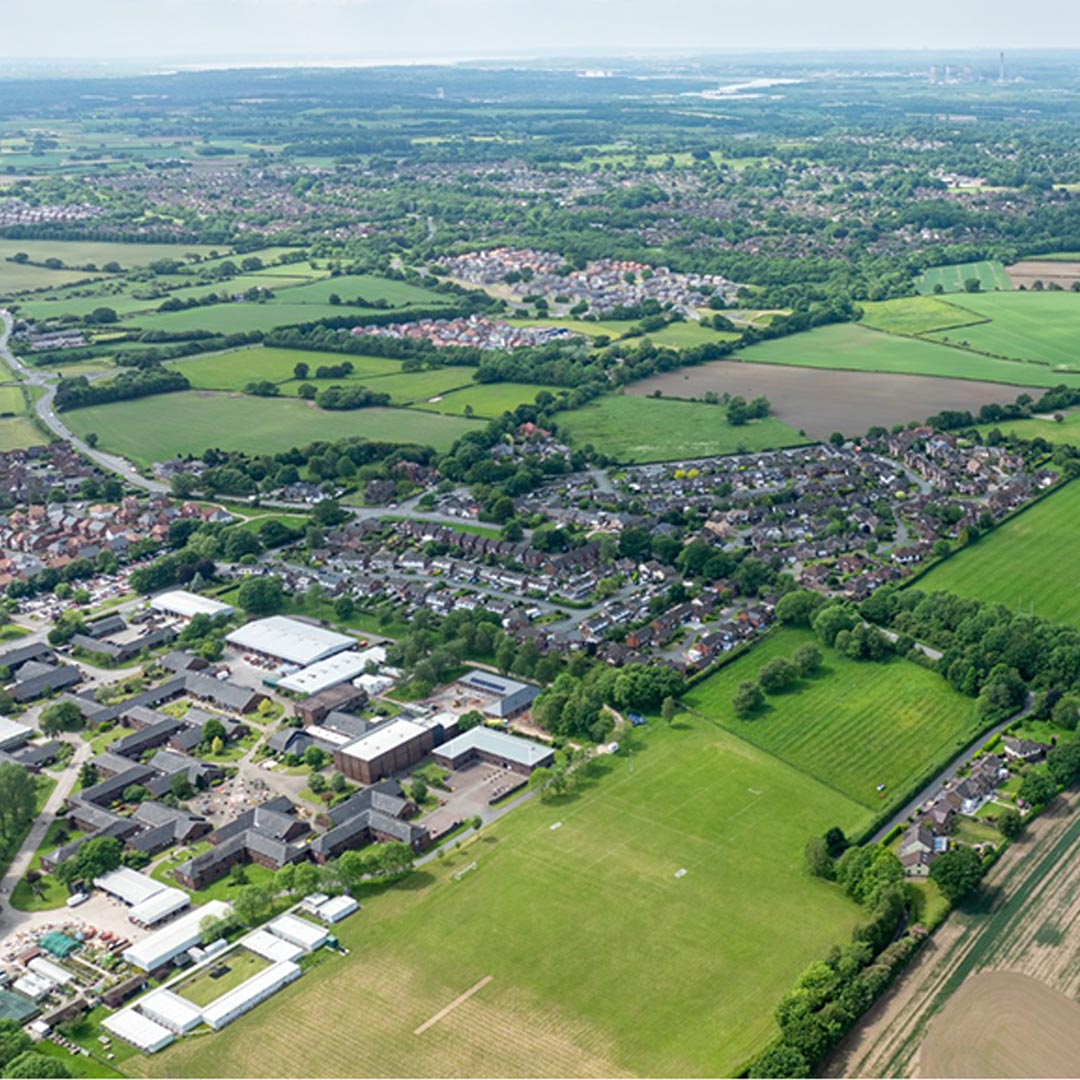Net migration hit a record 600,000 this week, so let’s look at the issues around this.
It is one of the most dispiriting spectacles to see politicians of all parties go through the routine of saying net immigration is too high. Then they are reasonably asked what is too high or what would they bring it to. Then they obfuscate.
The reason for this is that the British people were fooled into believing that Brexit would solve the immigration problem. All it has done is deprive us of the care workers, hospitality staff and fruit pickers that are prepared to do jobs that Brits won’t. Please note this Home Secretary.
Brexit has not stopped the boat people. More importantly, although many on the right would have it otherwise, it has not stopped us showing compassion to Ukrainians, Hong Kong, or Afghan refugees (although in the latter case our goodwill has been limited.
Let’s look at the big picture. I want to avoid being a middle class person living in a nice area lecturing people in stressed areas of the North West that they should be taking more immigrants. For a long time, I have believed that it is not racist to point to the pressure that an influx of people of any race or colour can have on an area’s identity and services.
The harsh truth is that it is an intractable problem, and politicians who claim to have a complete answer are being dishonest. I will come to the particular issues involving the UK in a moment but first we must face a fundamental issue. Global warming is making agriculture, and even living, unviable. Violence and corruption are growing in the global south. Both these factors mean that millions more people are going to try and come to North America and Europe.
This country has a number of pull factors. The English language, a pretty civilised society, and many multicultural communities, which mean lots of potential refugees have relations here.
So, what has to be done. I don’t pretend that any of my solutions are easy or cheap and just giving a short list skates over the complexities, but here goes.
We have to create a more equal world. When I say “we”, I don’t just mean the classic western countries who are weakening economically in the face of China anyway. I mean the Gulf States in particular. They could do much more to support impoverished countries in Africa and Central America.
We must press on with measures against climate change or the refugees will be on their way.
At home Brits may not want to pick fruit or work in care homes, but business could do much more to train enough engineers and doctors so that we don’t have to deprive poorer countries of these people that they need so badly themselves.
Finally, we need to re-join the EU. Brexit didn’t change the distance between Dover and Calais. We would need to modify freedom of movement which disproportionately affected us in the past, but the return of a UK, now fully committed to the project, in a world transformed from how it was in 2016, should be possible.

